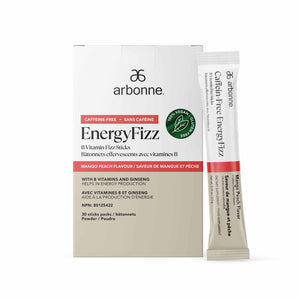What is B3 (Niacin)?
B3, also known as niacin, is a water-soluble B vitamin that plays a crucial role in converting food into energy by aiding enzymes. Niacin is essential for the health of the skin, nervous system, and digestive system. It is also important for maintaining healthy cholesterol levels and overall cardiovascular health.
Where is it Usually Found in Nature?
Niacin is found in a variety of foods, both animal and plant-based. Key sources include:
Meat and Poultry: Especially liver, chicken, and turkey.
Fish: Including tuna, salmon, and anchovies.
Whole Grains: Such as brown rice, barley, and wheat.
Legumes: Including peanuts, lentils, and beans.
Nuts and Seeds: Particularly sunflower seeds.
Vegetables: Such as green peas and potatoes.
Fortified Foods: Breakfast cereals and breads often fortified with niacin.
Benefits to Health and Body
Energy Production: Niacin is essential for converting carbohydrates, fats, and proteins into usable energy, supporting overall vitality and metabolic function.
Cholesterol Management: It helps reduce LDL (bad) cholesterol and triglycerides while increasing HDL (good) cholesterol, promoting heart health.
Skin Health: Niacin supports healthy skin by improving moisture retention, reducing redness, and protecting against sun damage.
Brain Function: It is vital for proper brain function and has been linked to improved mental health and cognitive function.
Digestive Health: Niacin helps maintain a healthy digestive system by supporting the mucous membranes lining the gastrointestinal tract.
Examples of Use
Dietary Supplements: Niacin supplements are used to address deficiencies, support heart health, and improve skin conditions. They are available in various forms, including tablets, capsules, and extended-release formulations.
Skincare Products: Niacinamide, a form of niacin, is commonly used in topical skincare products for its anti-inflammatory and moisturizing properties.
Fortified Foods: Many foods, such as cereals and breads, are fortified with niacin to help ensure adequate intake.
Suggested Daily Intake
The recommended daily intake of niacin varies by age and sex:
Adult Men: 16 mg per day
Adult Women: 14 mg per day
Pregnant Women: 18 mg per day
Breastfeeding Women: 17 mg per day
It is important not to exceed the upper limit of 35 mg per day from supplements and fortified foods to avoid potential side effects such as flushing and liver damage.
Always consult with a healthcare provider before starting any new supplement regimen.


